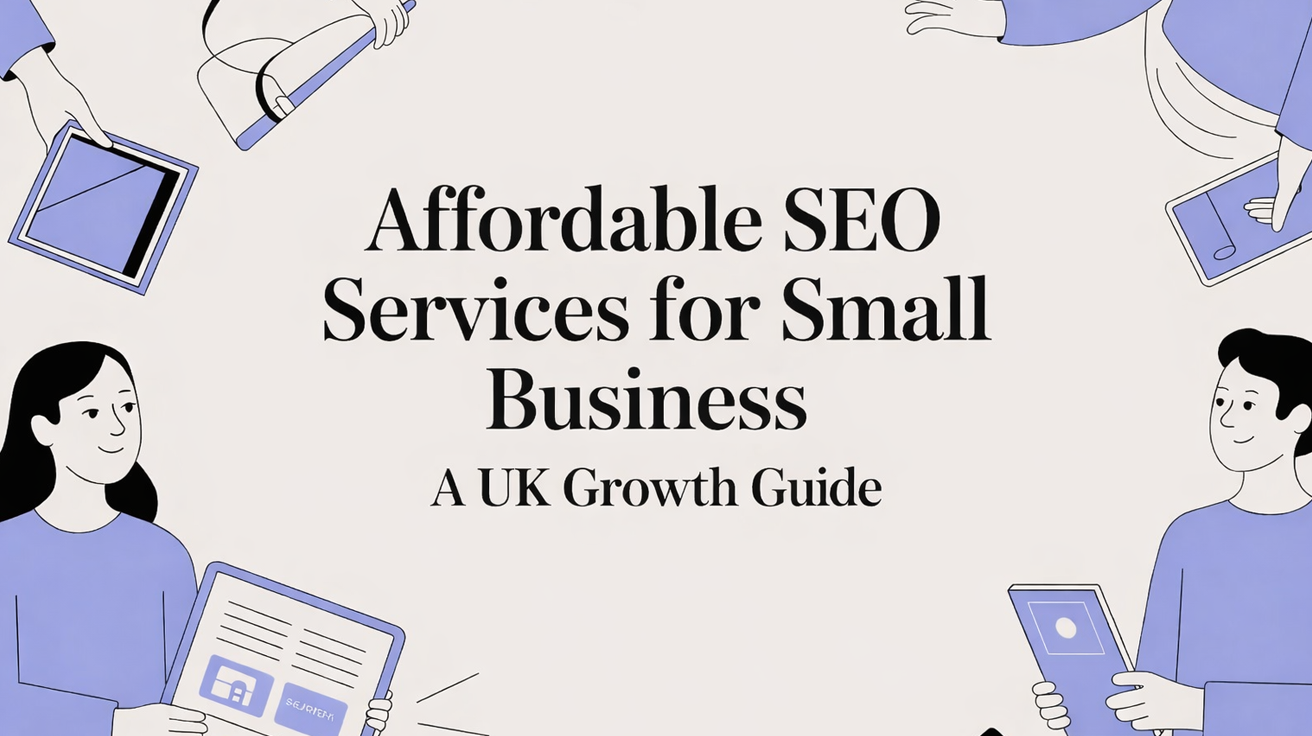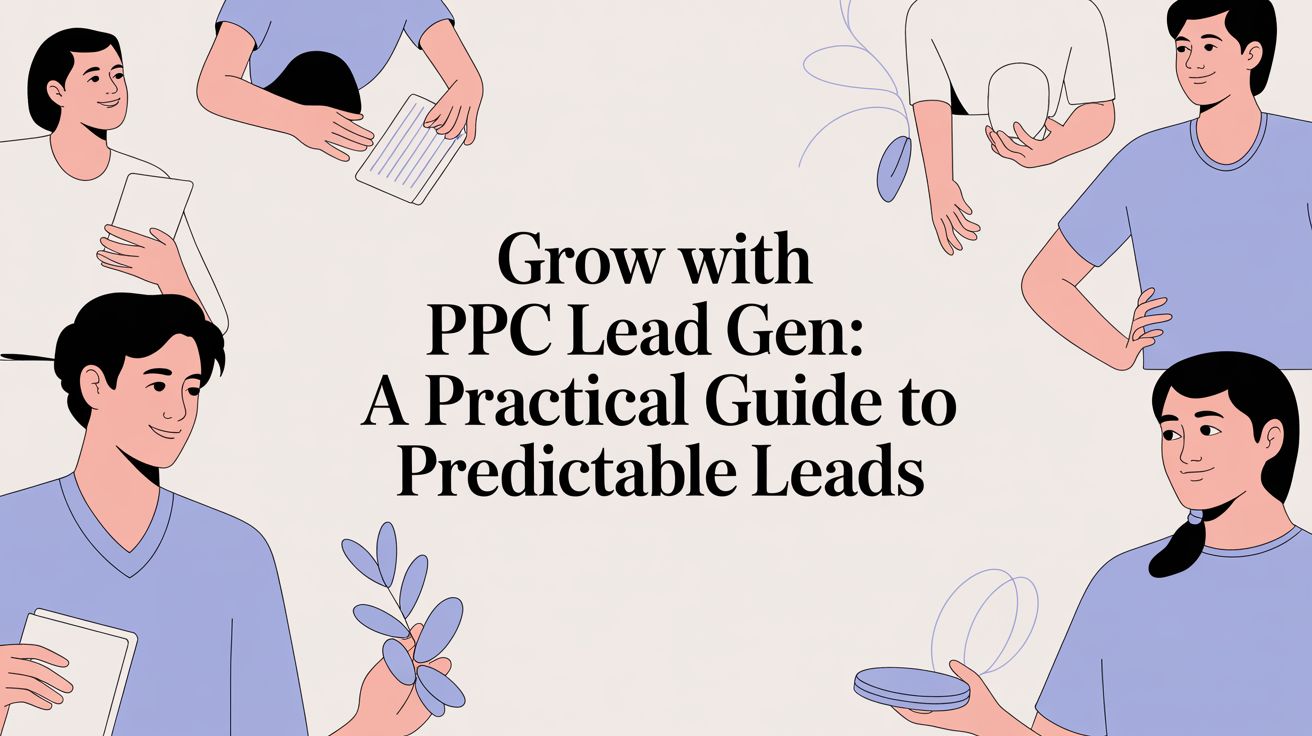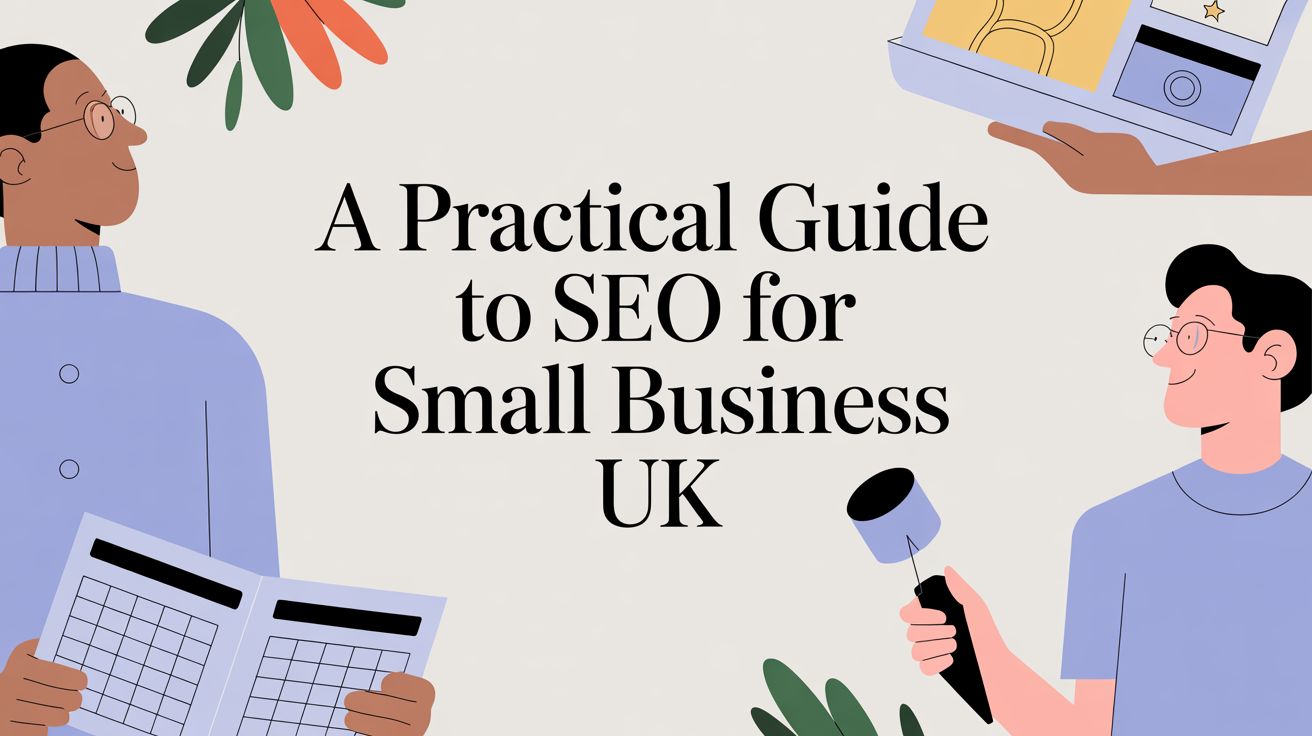Weekly marketing wisdom you can read in 5 minutes, for free. Add remarkable ideas and insights to your inbox, once a week, by subscribing to our newsletter.

The Importance of Backlinks for Your Business
Backlinks are a key part of SEO or search engine optimisation. The main aim is to link between your website and others. It creates an environment where relevant people in your industry vouch for your website. In this article, we are going to discuss the importance of backlinks for your business.
By building high-quality links and relationships with others in your field, you can benefit from well-known websites in your industry, linking back to your own website.
Backlinks work as a vote of confidence in your business or service. When someone links to your website, they are saying it’s a good resource or it’s useful. Otherwise, they wouldn’t bother linking to you. For example, if you found a good restaurant and you enjoyed it, you’d tell your friends. Similarly, if you find another website or item of content that you enjoy or rate, you could vouch for it with a backlink.
What is a Backlink?
A backlink is a process of linking to another site from your site. It could be directly from your website or in the content that you are creating. Backlinks make it possible for us to find related and supporting content. A hyperlink is a way for users to navigate between pages on the internet.
For example, you are reading a blog about when is the right time to sell a house. On the same page are links leading to related content. Such as how to sell your house in winter, or 5 top tips for preparing your house for sale. Backlinks are needed to make the internet what it is. Without links to other locations or places, it would be an isolated system and wouldn’t work in the same way.
Search engines use links to crawl the webs, they will crawl the links between entire websites and between the individual pages on your website. So it’s good to have links relating to your other content on each page as well.
The Benefits of Having Backlinks
Backlinks are important to search engines because they are a signal that the site being linked to high-quality information on a topic, relevant to the site linking to it. In essence, it’s a digital vote of confidence.
So now your website is seen as having high-quality content, backlinks also help with getting higher rankings on Google. The more total referencing domains a site has, the higher the site ranking. Basically, the higher you rank on Google, the more people will see your business and click on your website.
Another benefit to good backlinks is that it helps to build your brand. For example, if a high quality, very popular website links to yours, then you are benefiting from that. Because their consumers will see that this particular brand is happy to be associated with you. Hence, consumers start to take an interest in you.
How to Build and Get Backlinks
Ultimately, the way to build up high-quality backlinks to your website is by forming relationships. It’s a longer-term option but can set you up for future success.
Firstly, think about your use of social media and how you can build up connections. As you become more active, you will get the chance to comment on posts or in forums that are relevant to your business.
More people will get to know you and it will raise awareness of your brand. They may start to offer you backlinks to their websites or forums with content that is relevant to you.
However, in order to get backlinks, you need to write high-quality content. Before someone offers your a backlink opportunity, they are going to read your content. When writing a piece, consider how relevant it is in your market. For example, if you run an estate agency, it would be good to get backlinks from other websites about the location your sell houses in. Such as tourism, schools, or parenting websites. Or solicitors, furniture removal companies, and builders. Even a backlink from a big company like Rightmove.
People want to read the information they can trust, or that gives them advice over certain products, services, or the industry as a whole.
Testimonials
Another way to build up backlinks is with testimonials. You can write a testimonial for another business that you have used. If you have shopped, worked, or interacted with a business that is relevant to yours, then write them a testimonial. Especially if they are a business you are hoping to work with. After writing them a testimonial, get in touch with them via social media platforms. Let them know you have written one and ask if you can use them as a backlink to your content.
Furthermore, when someone reads good quality content and enjoys it, and they see a backlink pointing to the source, there’s a good chance they will click on it. They want to know more about who has written or created it.
Why are Backlinks Important for Your Business?
Backlinks are important for achieving higher rankings in online search engines. However, they are also important for building relationships.
A person who clicks on a backlink that leads to your website could then turn into a customer. Each lead that joins your newsletter or answers a call to action on your website could become a sale.
By building backlinks relevant to your business, you are also giving your brand authority and recognition within your industry. Companies who know how to use backlinks properly are not going to link to poor quality content or dodgy sites. If a relevant company links to your website, they are showing their consumers that you are worth taking an interest in. In return, you may have informative content that could benefit them.
To Conclude: The Importance of Backlinks for Your Business
In conclusion, the importance of backlinks for your business is very high. As they are the ‘digital thumbs up’ for your company. They send a signal to search engines that other people can vouch for your content. Hence your company provides a useful service.
Furthermore, while building your backlinks, you can make valuable relationships with other people in your industry.
For more marketing tips and advice about marketing your business, visit our Knowledge Hub.




